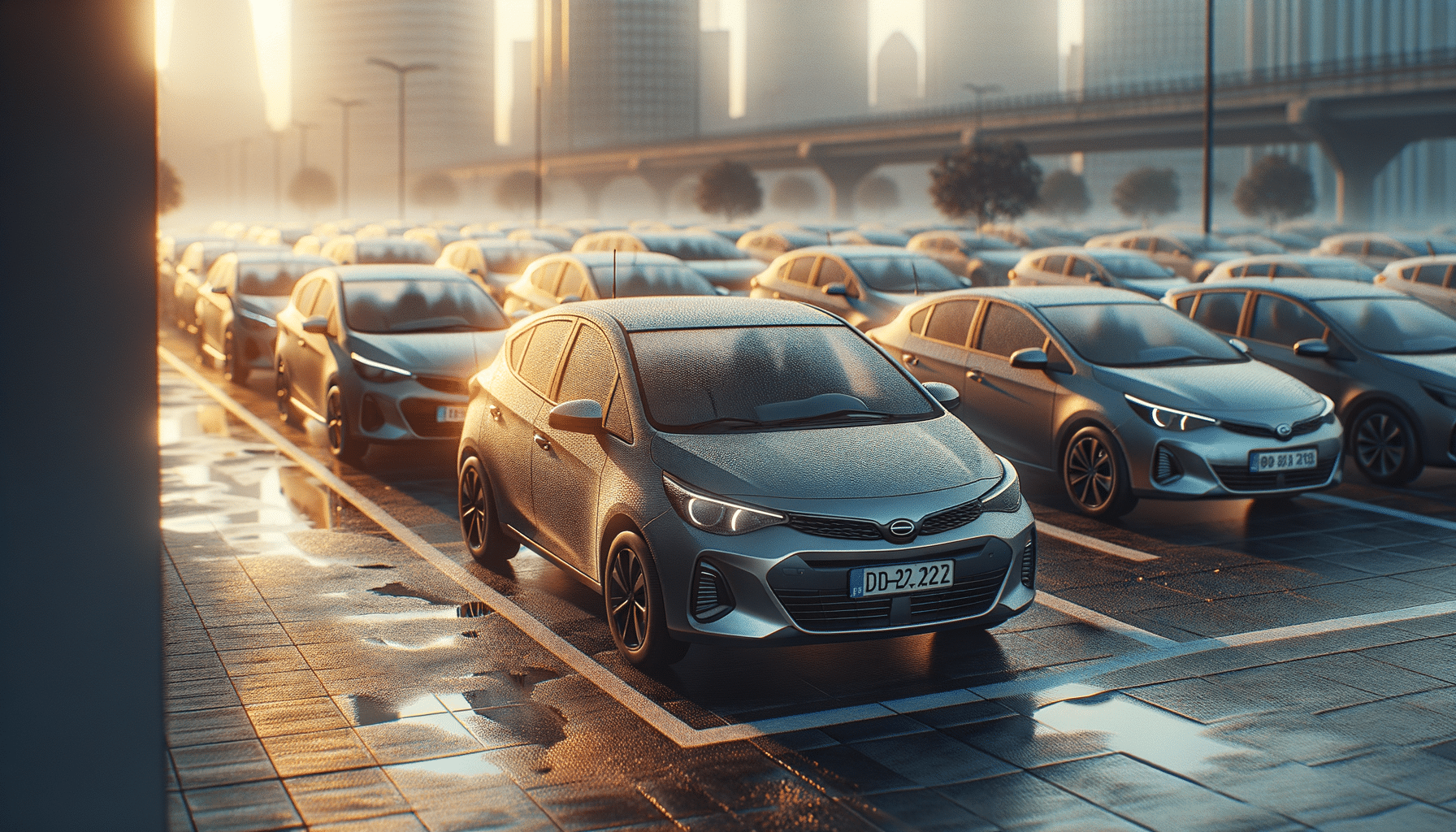
Non-Owner Car Insurance (USA)
Understanding Non-Owner Car Insurance
Non-owner car insurance is a specialized type of coverage designed for individuals who frequently drive vehicles they do not own. This type of policy is particularly beneficial for those who borrow cars from friends or family, use car-sharing services, or rent vehicles regularly. Unlike standard auto insurance, non-owner insurance focuses on providing liability coverage without covering the vehicle itself.
Liability coverage is essential because it protects the driver against financial losses if they are at fault in an accident. It typically covers bodily injury and property damage to third parties, ensuring that the driver is not personally liable for these expenses. However, it’s important to note that non-owner car insurance does not cover collision or comprehensive damages to the vehicle being driven. This means that any damage to the car itself will not be covered under this policy type.
Non-owner insurance is especially useful for individuals who do not own a vehicle but still want to maintain continuous insurance coverage. This can help prevent lapses in insurance history, which can lead to higher premiums when purchasing a standard policy in the future. Additionally, it can be a requirement for maintaining a valid driver’s license in certain states.
Eligibility and Coverage Terms
To qualify for non-owner car insurance, an individual must meet specific eligibility criteria set by the insurance provider. Generally, applicants must have a valid driver’s license and not own a vehicle. It’s also common for providers to require that the applicant does not have regular access to a household vehicle.
The coverage terms of non-owner insurance can vary by provider and location. Typically, this policy includes:
- Bodily Injury Liability: Covers medical expenses and lost wages for other parties involved in an accident where the insured is at fault.
- Property Damage Liability: Covers the cost of damages to another person’s property, such as their vehicle or other assets.
- Uninsured/Underinsured Motorist Coverage: Provides protection if the insured is involved in an accident with a driver who does not have sufficient insurance.
It’s crucial for potential policyholders to review the terms and conditions carefully, as coverage limits and exclusions can differ significantly between insurers. Understanding these details can help individuals make informed decisions about their insurance needs.
How Non-Owner Insurance Functions
Non-owner car insurance functions as a secondary coverage option, meaning it only comes into play after the primary insurance policy of the vehicle owner has been exhausted. For instance, if a borrowed car is involved in an accident, the owner’s insurance will be the first to cover any claims. If the expenses exceed the limits of the owner’s policy, the non-owner insurance may cover the remaining costs, up to the limits of the policy.
It’s important to understand that non-owner car insurance does not cover every scenario. For example, it typically does not provide coverage for:
- Damage to the vehicle being driven
- Personal injuries to the driver
- Personal belongings inside the vehicle
Due to these limitations, individuals should consider their specific needs and driving habits when deciding if non-owner insurance is the right choice for them. For those who frequently rent cars, some rental companies offer optional coverage that can supplement non-owner policies.
Comparing Non-Owner Insurance with Standard Auto Insurance
While both non-owner and standard auto insurance aim to provide liability protection, they cater to different types of drivers and situations. Standard auto insurance is designed for vehicle owners and typically includes a range of coverages such as liability, collision, comprehensive, and personal injury protection. These policies protect both the driver and the vehicle, offering a more comprehensive safety net.
In contrast, non-owner insurance is limited to liability coverage and is suitable for those who drive but do not own a vehicle. This makes it a more affordable option for individuals who do not need the full spectrum of protections offered by standard auto insurance.
When choosing between these options, drivers should consider factors such as:
- Frequency of vehicle use
- Access to personal vehicles
- Financial considerations
- State insurance requirements
Ultimately, the decision will depend on the individual’s specific needs and circumstances. Consulting with an insurance professional can provide valuable insights and help tailor a policy that aligns with personal driving habits.
Conclusion: Is Non-Owner Car Insurance Right for You?
Non-owner car insurance serves as a practical solution for individuals who frequently drive vehicles they do not own. By offering liability protection, it ensures that drivers are covered in the event of an accident, providing peace of mind and financial security. However, it is essential to understand the limitations and exclusions of this type of policy.
For those who meet the eligibility criteria and do not need comprehensive vehicle coverage, non-owner insurance can be a cost-effective way to maintain continuous insurance protection. It is particularly beneficial for drivers who rent cars regularly or use car-sharing services.
Before purchasing a policy, potential buyers should evaluate their driving habits, review different insurance providers, and compare coverage terms to find the most suitable option. By doing so, they can ensure they are adequately covered without overpaying for unnecessary features.